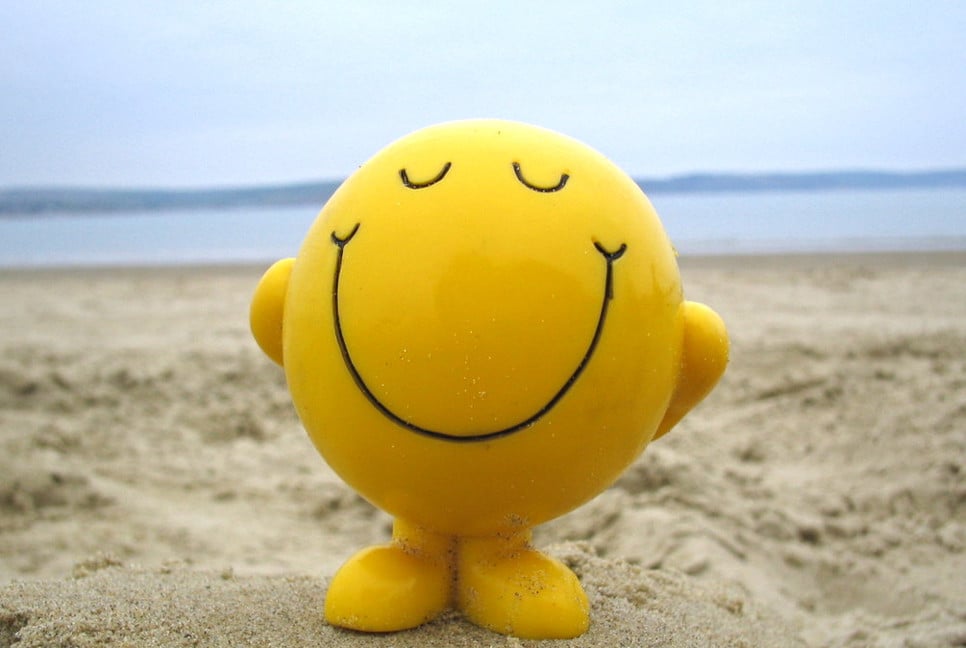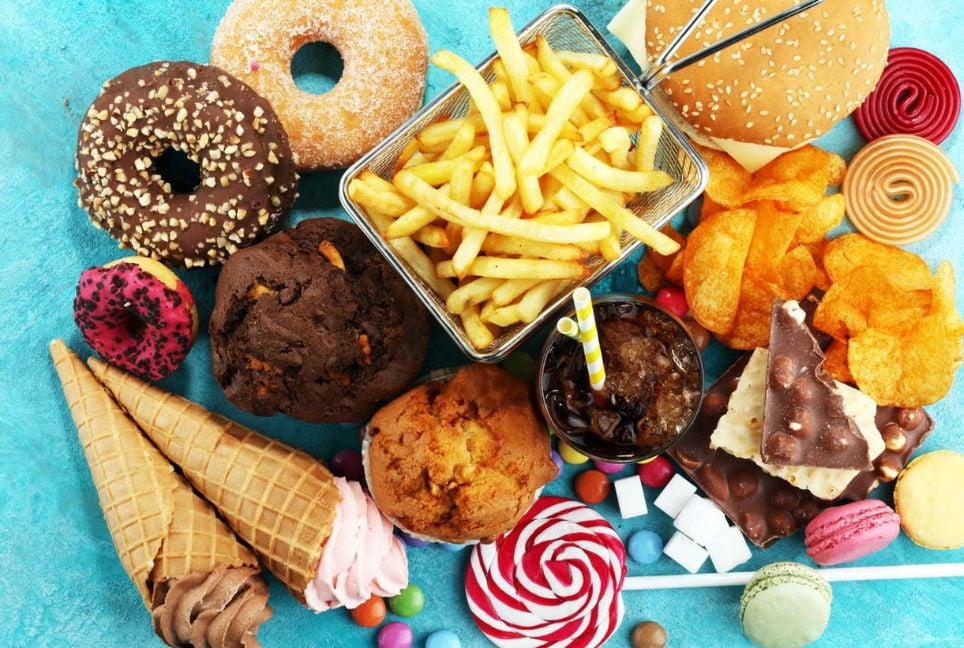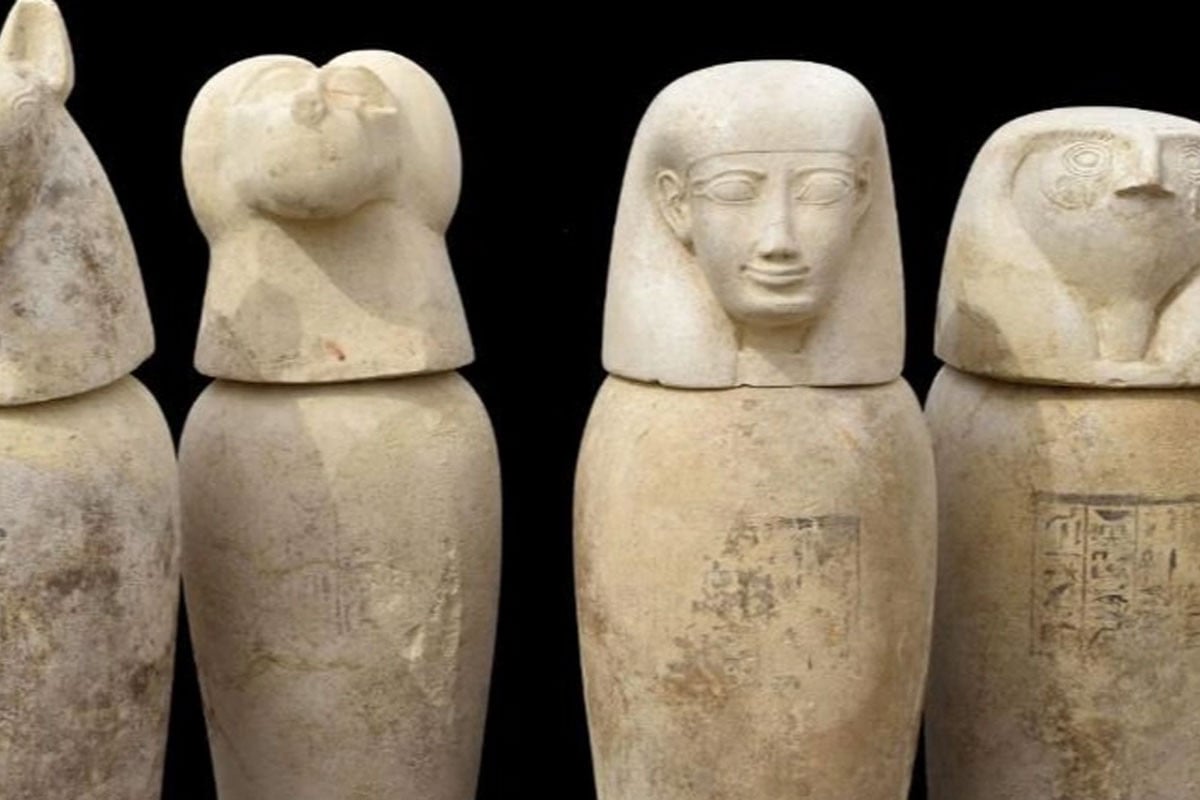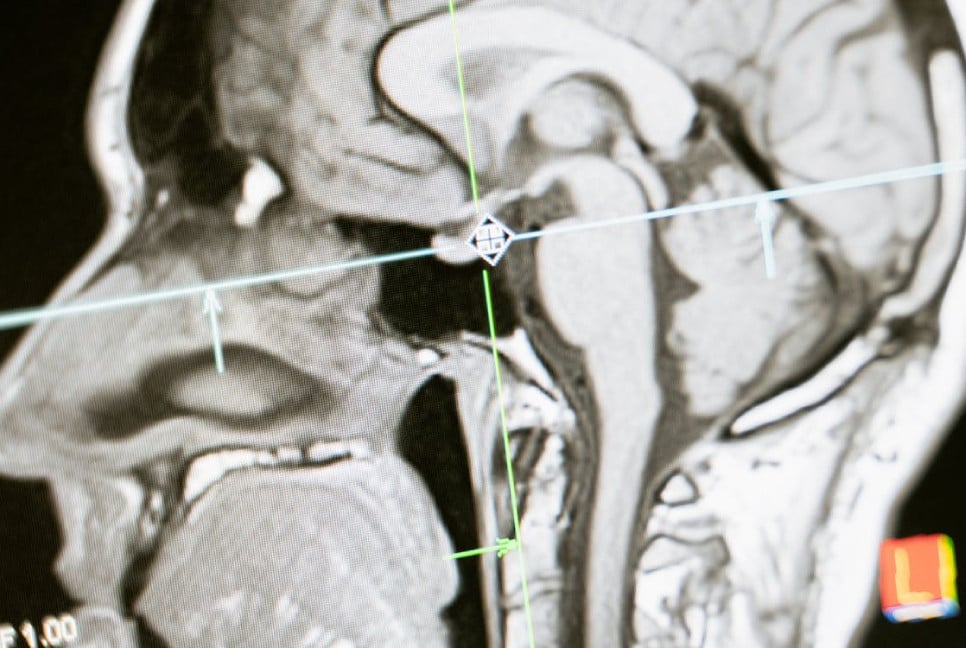Some people are naturally happier than others. But no matter if you're someone who enjoys singing in the shower or tends to be more serious, happiness isn't just something that comes by chance. We can all adjust our habits to bring more happiness into our lives. Here are some top tips for a happier 2025.
Embrace friendship as we age
Friendship is crucial for happiness at all ages, but especially in later life. While older adults often focus on close relationships, research shows that staying open to new friendships can provide unique benefits. These voluntary, non-obligatory connections tend to be more enjoyable and less stressful than family relationships.
Despite challenges in meeting new people, older adults often have better social skills, a positive outlook, and increased agreeableness, making it easier to form friendships. Maintaining these friendships not only boosts mental well-being but also improves cognitive function and physical health. Shared experiences, like witnessing awe-inspiring events, can also help create bonds and foster positive emotions.
Practice "confelicity"
Compassion is a well-known foundation of true friendship. Derived from the Latin for "shared pain", this empathy helps us form strong connections when our friends need help. But there's an opposite state that is relatively unknown and equally important – "confelicity", as David Robson wrote for the BBC.
Meaning "shared happiness", it's an undervalued facet of good relationships and could be just as important as compassion for maintaining friendships, multiple studies suggest.
Enthusiastically supporting a friend's good news – and asking questions about it – is a basis of being a good friend. Respond too passively – or actively underplay your friend's success – and you run the risk of damaging the relationship.
Do some volunteering
It’s often said that helping others can be more rewarding than focusing on yourself, and research increasingly supports this idea. Studies have shown that volunteering can have positive effects on conditions like chronic pain and depression. For instance, a 2002 study found that peer volunteers helping others with chronic pain experienced a decrease in their own pain intensity. Other research suggests that caring for animals or even houseplants can boost our well-being, particularly in older age.
Some healthcare providers are now prescribing volunteering as part of "social prescribing," which connects people to community activities and resources. This can include anything from art classes and cycling groups to assistance with food and heating costs, all of which have been shown to improve health and reduce pressure on healthcare services.
Connect with your ancestors
There is another way the past could help you in the present. Research suggests that engaging with our ancestry can have profound psychological benefits. Family stories about overcoming adversity, for example, can be empowering when passed down to new generation.
Susan M Moore, an emeritus professor of psychology at Swinburne University of Technology, in Melbourne has found that people who know more about their family history have higher levels of satisfaction and wellbeing. Engaging in the task of researching your family tree can lead to feeling more in control of their lives, alongside a deeper understanding of your place in the world.
It can also give you an affirming sense of perspective and gratitude – knowing your life today has been made possible by the struggles and fortitude of your predecessors on behalf of those who come after them.
Write a list
Counting your blessings is an age-old piece of advice, but it underpins a simple but well-evidenced intervention. It turns out that writing a list of three good things that have happened to us can help to boost our mood. Whether that is a life-changing event like passing an important exam or having a baby, or something seemingly inconsequential, like bumping into an old friend, or enjoying some beautiful early evening light while out for a walk – there is a growing body of research that suggests it can improve our wellbeing.
Look forward to fun activities
There's nothing quite like a scenic drive – the wind in your hair, some tunes on the stereo, the freedom of the open road ahead. Well, now rats can enjoy a slice of this vehicular heaven, after researchers at the University of Richmond, Virginia, taught their furry, wriggly-nosed subjects to drive small Perspex automobiles in the laboratory.
The rats mastered this new skill quickly, and were soon jumping into the cars enthusiastically, in preparation for their next trip. Eventually the researchers noticed some rats doing excited little jumps as though they were enjoying the anticipation of pleasure.
This led to a whole new avenue of research. Could the expectation of fun be as rewarding as the activity itself? In another experiment, the scientists trained some rats to wait for rewards – while others were given them immediately. Later, they assessed the rats for optimism and found that those who had been trained to wait for rewards were more optimistic.
The researchers speculated that this could work for humans too – by routinely anticipating pleasurable activities or events we could reprogram our brains to be more optimistic.
Do nothing
If you have made it this far down the list, this one might come as something of a surprise. But research suggests that worrying too much about being happy can actually be a block to feeling it.
Experiments that primed people to desire greater happiness – perhaps by reading about how happy they can be – before watching an uplifting film ended up feeling more disappointed than elated. The theory is that by raising their expectations, reading and worrying about the importance of happiness can actually leave people feeling deflated.
You might have experienced this yourself during a big event or party you have been looking forward to that doesn't quite live up to those expectations.
Iris Mauss, a psychologist at the University of California, Berkeley, has also shown that the desire and pursuit of happiness can also increase feelings of loneliness and disconnection. She recommends adopting a more stoic attitude and being more accepting of life's ups and downs.
Don't drink too much caffeine
During the cold, dark winter months, a cup of coffee can provide a much-needed energy boost. Caffeine quickly enters the bloodstream, blocking adenosine, the chemical that causes tiredness, making us feel more alert. Research shows that caffeine offers various health benefits, such as reducing the risk of certain cancers, heart disease, and type 2 diabetes, improving physical performance, and offering protection against depression.
However, timing matters when it comes to caffeine, as it takes time to take effect and can linger for hours. Experts suggest having your last caffeine intake about 8 hours and 48 minutes before bedtime. It's also important to avoid excessive caffeine—no more than 400mg, or roughly two to three cups of coffee, to prevent sleep issues, headaches, nausea, and anxiety.
Source:BBC
Bd-pratidin English/ Afia





































































